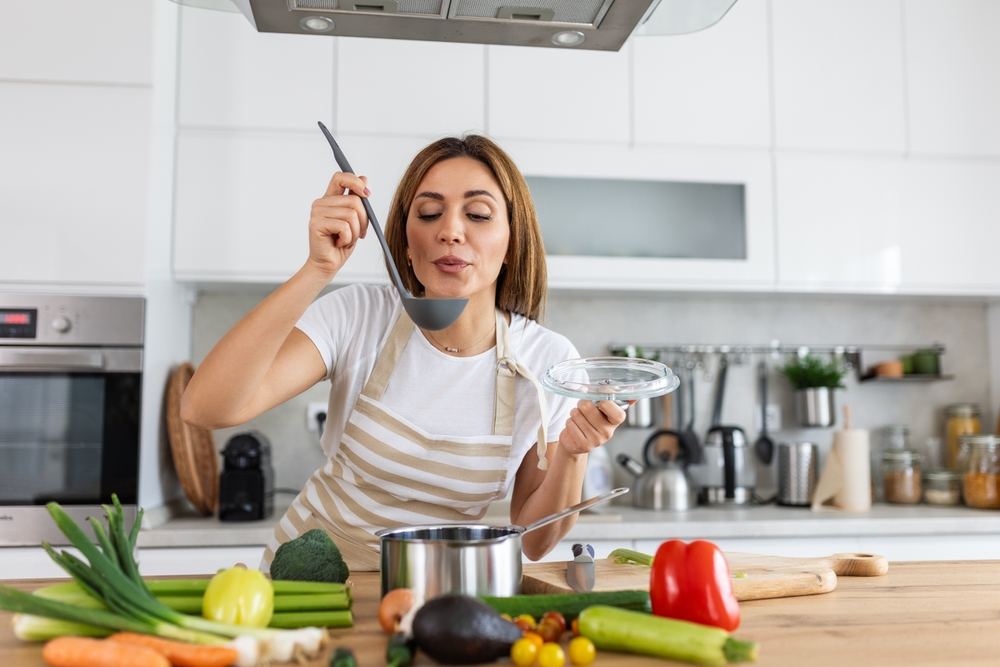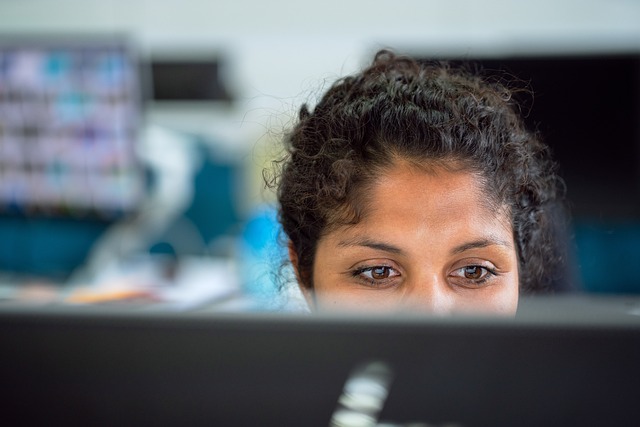How Cooking at Home Supports Lifestyle Balance
In an era dominated by fast-paced living and convenience-driven choices, cooking at home has emerged as a vital practice for maintaining a balanced lifestyle. While it may seem like a simple daily task, preparing meals in your own kitchen carries profound benefits that extend beyond nutrition. From fostering mental well-being to promoting healthier eating habits and strengthening social connections, home cooking is a powerful tool for achieving lifestyle balance in 2025.

The Nutritional Edge: Eating Healthier Through Home Cooking
One of the most significant advantages of cooking at home is the enhanced control it provides over ingredients and portion sizes. In contrast to dining out or relying on processed foods, home cooking allows individuals to prioritize fresh, whole foods and tailor meals to their dietary needs.
Processed and restaurant foods often contain high levels of sugar, unhealthy fats, sodium, and preservatives, which can contribute to chronic health issues such as obesity, diabetes, and heart disease. By preparing meals at home, you can select nutrient-dense ingredients, reduce added sugars and salt, and experiment with healthier cooking methods like steaming, roasting, or grilling.
Moreover, cooking at home encourages mindful eating. When you invest time and effort into making a meal, you’re more likely to appreciate it, savor each bite, and avoid overeating. This mindfulness contributes to better digestion and overall satisfaction, reinforcing a healthy relationship with food.
In 2025, with rising awareness of nutrition and wellness, home cooking has become a cornerstone habit for those seeking to improve their diet quality and manage weight effectively while still enjoying flavorful meals.
Mental Health Benefits: Cooking as a Therapeutic Activity
Beyond physical health, cooking at home plays a crucial role in supporting mental well-being. The process of preparing food can be meditative and creatively fulfilling, offering a break from the stresses of daily life.
Engaging in cooking requires focus and attention to detail, which can help divert the mind from anxiety and negative thoughts. This act of concentration often promotes a state of “flow,” where individuals experience deep immersion and satisfaction. Many people find that chopping vegetables, stirring sauces, or baking bread provides a calming rhythm that soothes the mind.
Additionally, cooking encourages creativity. Experimenting with new recipes, flavors, and presentation allows people to express themselves artistically, which can boost self-esteem and happiness. The sense of accomplishment after preparing a delicious meal also enhances mood and motivation.
In mental health discussions in 2025, therapeutic cooking is increasingly recognized as a complementary practice alongside traditional treatments. Health professionals recommend it not only as a way to improve diet but also as a means to reduce stress, combat loneliness, and build resilience.
Strengthening Relationships: Cooking Brings People Together
Another key aspect of lifestyle balance is nurturing social connections, and cooking at home serves as a powerful catalyst for this. Sharing meals is one of humanity’s oldest and most meaningful social rituals, fostering bonding, communication, and a sense of belonging.
Preparing food together with family members, roommates, or friends encourages teamwork and shared responsibility, deepening interpersonal relationships. Even solo cooking can be social when meals are planned for loved ones or when recipes are shared online or in communities.
In 2025, with many people experiencing social isolation due to remote work and digital lifestyles, cooking and eating together at home help re-establish real-world connections. Dinner tables become spaces for conversation, celebration, and cultural exchange, reinforcing emotional support networks that are essential for balanced living.
Moreover, involving children in meal preparation teaches valuable life skills and creates lasting memories, contributing to emotional security and family cohesion. For couples, cooking together can be a meaningful way to collaborate and enjoy quality time.
Practical Tips for Incorporating Home Cooking into a Busy Lifestyle
While the benefits of cooking at home are clear, many hesitate to cook regularly due to time constraints or lack of skills. Here are some practical strategies to make home cooking a sustainable and enjoyable part of your lifestyle balance in 2025:
- Meal Planning: Set aside time each week to plan meals and grocery lists. This reduces daily decision fatigue and helps ensure you have all ingredients on hand.
- Batch Cooking: Prepare larger portions of meals that can be refrigerated or frozen for later. This saves time on busy days and cuts down on food waste.
- Simple Recipes: Start with easy recipes that require minimal ingredients and steps. Gradually build your confidence and repertoire.
- Use Technology: Take advantage of kitchen gadgets like slow cookers, instant pots, or air fryers to streamline cooking processes.
- Mindful Cooking: Treat cooking as a time to relax and engage with the sensory experience rather than rushing through it.
- Social Cooking: Organize cooking sessions with friends or family to make the experience more enjoyable and less burdensome.
By adopting these habits, cooking at home becomes less of a chore and more of a rewarding part of your daily routine.
Conclusion
In 2025, achieving lifestyle balance is more important than ever as people navigate the complexities of modern living. Cooking at home stands out as a multifaceted practice that supports physical health, nurtures mental well-being, and strengthens social bonds. Beyond sustenance, it offers a meaningful way to slow down, connect with others, and take control of one’s health.
Embracing home cooking doesn’t require perfection or culinary expertise—just a willingness to prioritize your well-being through intentional, nourishing habits. By making cooking a regular part of your life, you pave the way for a more balanced, fulfilling, and joyful lifestyle.
Disclaimer: All content, including text, graphics, images and information, contained on or available through this web site is for general information purposes only. The information and materials contained in these pages and the terms, conditions and descriptions that appear, are subject to change without notice.






